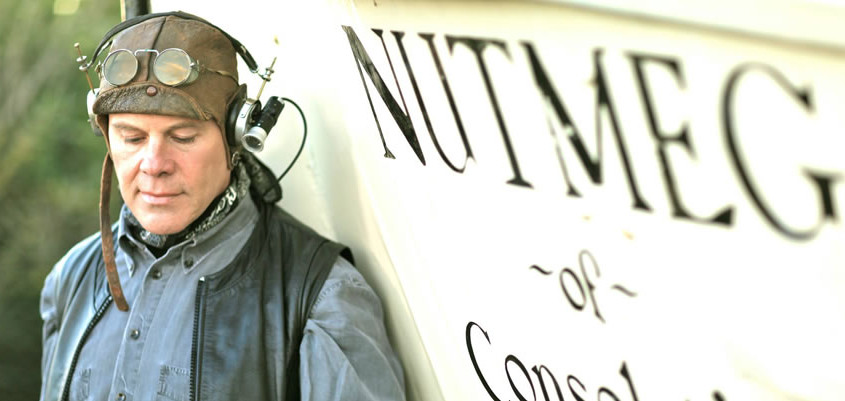


Ads can be sold on station Web sites, and links to online retailers, such as CDNow and, can be added, so listeners can instantly buy the music they're hearing on the station's Web site. Most importantly, the Internet can be a moneymaker for radio stations. Finally, radio is realizing that the Internet can be a valuable tool to expand the reach of the radio signal-stations can stream their programming through their Web sites to anyone anywhere in the world who has a phone line and a computer. Radio stations have been dragged kicking and screaming into the Internet age, seeing the Web initially as a natural competitor to be feared or ignored. It has about 40 employees and is poised to receive a cash infusion from a Silicon Valley venture capitalist.īeatnik is targeting its technology squarely at radio station Web sites. Earlier this year, Headspace became Beatnik ("a timelessly cool" name, Dolby posits). Deftly, Dolby turned his attentions and talents-and his thriftily saved rock-and-roll income-to computer software, founding a company called Headspace. By 1992, his pop career was essentially over. His follow-up album was also a hit, but subsequent efforts were met with critical hoots and poor sales. The folks breathed a sigh of relief-junior was going to turn out all right. He kept his nickname, "Dolby," as his stage name. By 25, "She Blinded Me With Science"-a gentle sendup of his Mad Prof dad-was the first hit from his first album. He began building his own synthesizers at 18. His dad was none too happy because "I was working in a fruit and veggie stand," Dolby says. He quit school at 16-not because he was ambitionless, but because he knew exactly what he aspired to. ("Dolby" is a noise-reduction technology for audio tapes.) After lights-out in boarding school, Robertson would camp under his covers and tune in Radio Luxembourg and other shortwave broadcasts. Robertson grew up in England, and his school chums gave him the moniker "Dolby" because of his fascination with sound and music. The Internet, Dolby says, is "a silent movie." Beatnik, he says, is a new way to add sound and music-in a fast, interactive fashion-to this silent world.ĭolby was born Thomas Robertson in Cairo, the son of a world-renowned scholar of Greek and Etruscan pottery who is now a Cambridge don. Many of them are just that-pie-in-the-sky bits of technology that sound great when described at the vendor's booth, but that eventually fail because of sagging capital, technical glitches or a hundred other reasons.īut Dolby brings a higher degree of credibility to his latest venture, a Silicon Valley company called Beatnik. But Dolby, now 39, has evolved into an apostle for Internet music and sound.ĭolby appeared here Wednesday at the National Association of Broadcasters radio show, an annual orgy of industry bigwigs and hopeful vendors hawking their blue-sky products to representatives of radio networks and stations from around the world.

Many of his early-'80s contemporaries are back to driving taxis or paying for their detox with the occasional royalty check when their sole hit is converted into elevator music. While his contemporaries discovered the synthesizer and then tossed it away as soon as it became unfashionable, Dolby continued to embrace electronica, becoming known as a master of computer-aided music. Often overlooked was his natural talent for merging music and electronics. His 1983 techno-pop hit, "She Blinded Me With Science," was a staple of the cable network's early rotation, a clever spoof of the absent-minded professor character of countless old movies.īut Dolby, though immersed in the early-'80s pop scene and all its attendant over-the-top campiness, somehow seemed slightly outside it all, a puckish prankster playing along but also managing to make a bit of sport of the whole thing. An eccentric-looking Brit with wild hair, Dolby played keyboards and vamped about as rock's Mad Scientist. Thomas Dolby was a darling of MTV's dawn.


 0 kommentar(er)
0 kommentar(er)
